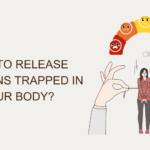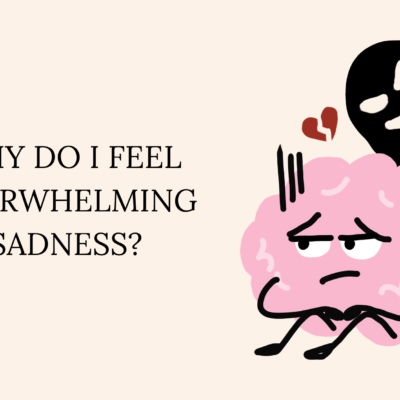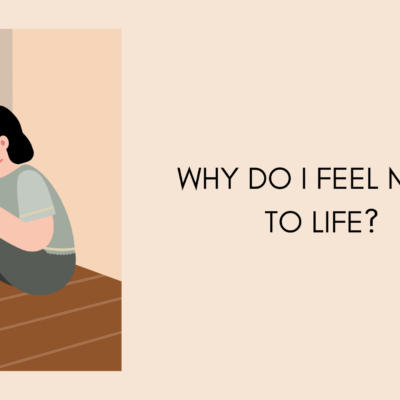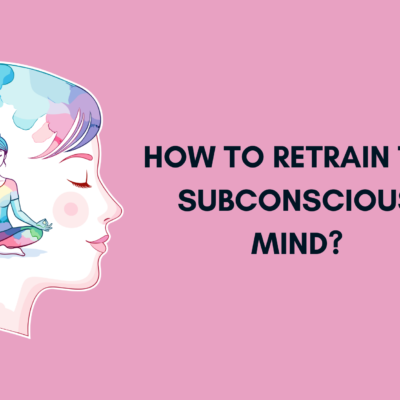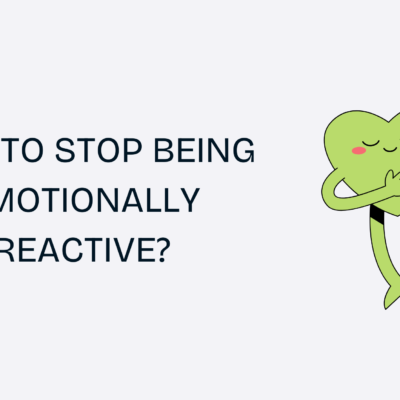How Can I Support My Partner with Depression: Loving someone who struggles with depression can feel overwhelming, confusing, and sometimes heartbreaking. Depression is not just “feeling sad”—it’s a complex mental health condition that affects mood, thinking, energy, and motivation. When your partner is depressed, their withdrawal, irritability, or hopelessness may feel personal, but it’s not about you—it’s about the illness.
Supporting a partner with depression requires patience, empathy, and balance. You can’t “fix” them, but you can play an essential role in helping them feel less alone, encouraging recovery, and maintaining the strength of your relationship.
This article explores what depression is, how it affects relationships, and practical ways you can support your partner while also taking care of yourself.
Also Read:
1. Understanding Depression
Before you can effectively support your partner, it’s important to understand what depression really is.
Depression is more than sadness. It can involve:
- Persistent low mood or emptiness.
- Loss of interest in activities once enjoyed.
- Fatigue or low energy.
- Sleep and appetite changes.
- Difficulty concentrating.
- Feelings of guilt, worthlessness, or hopelessness.
- Thoughts of death or self-harm in severe cases.
Depression often comes in episodes and may not have a clear “reason.” It’s influenced by a mix of biology, life stressors, and past experiences.
Recognizing depression as an illness helps you avoid taking your partner’s struggles personally. Just as you wouldn’t blame them for having diabetes or asthma, you can see depression as a health condition that requires care, treatment, and compassion.
2. How Depression Affects Relationships
Depression doesn’t just impact the individual—it ripples through the relationship. Common effects include:
- Withdrawal: Your partner may seem emotionally distant, uninterested in intimacy, or disengaged from daily life.
- Irritability: Depression can cause frustration, making your partner short-tempered.
- Reduced communication: They may find it hard to talk, leaving you feeling shut out.
- Guilt: They may feel like a burden on you, while you may feel helpless or unappreciated.
- Shifted responsibilities: You may take on more household or financial duties, which can feel overwhelming.
Knowing that these behaviors are symptoms—not reflections of their love for you—can prevent resentment from building.
3. What Your Partner Needs Most
When supporting a partner with depression, your role is not to be their therapist, but to provide love, encouragement, and stability. They need:
- Empathy, not judgment – A safe space where they can share without fear of criticism.
- Patience – Depression recovery takes time and may include setbacks.
- Consistency – Trust is built when you show steady, compassionate support.
- Encouragement – Gentle reminders that recovery is possible.
- Respect for autonomy – They still need to feel in control of their choices.
4. Practical Ways to Support Your Partner
a. Listen Without Trying to Fix
Often, the best gift is listening. Instead of jumping to solutions, offer validation:
- Say: “I hear how hard this feels for you.”
- Avoid: “You just need to cheer up” or “Think positive.”
Listening creates connection and reduces the isolation depression brings.
b. Encourage Professional Help
Support them in seeking therapy or medical treatment, but avoid forcing it. You might say:
- “I care about you and think talking to a professional could help.”
- Offer to research therapists or go with them to appointments if they want.
c. Support Daily Routines
Depression often disrupts sleep, eating, and activity. You can help by:
- Cooking healthy meals together.
- Suggesting short walks.
- Keeping a regular sleep schedule.
- Encouraging gentle activities, like listening to music or sitting outside.
d. Offer Practical Help
Small tasks can feel overwhelming for someone with depression. Offer concrete help like:
- Doing the laundry.
- Running errands.
- Handling bills or paperwork during rough patches.
Avoid taking over everything—help without making them feel incapable.
e. Express Love and Reassurance
Depression can make people feel unworthy of love. Regularly express:
- “I love you.”
- “I’m here for you.”
- “You’re not a burden to me.”
Consistency matters more than grand gestures.
f. Encourage Social Connection
Isolation worsens depression. Gently suggest low-pressure social interactions:
- Inviting a trusted friend over.
- Attending a small gathering.
- Going on short outings together.
Respect their boundaries—don’t push too hard.
5. What Not to Do
Sometimes well-meaning actions can backfire. Avoid:
- Minimizing their pain: Saying “It’s not that bad” or “Others have it worse.”
- Offering clichés: “Just think positive,” “Snap out of it.”
- Becoming overbearing: Checking on them every five minutes may feel suffocating.
- Taking mood swings personally: Their irritability is about depression, not you.
- Trying to be their only support: You can’t replace therapy, medication, or other coping strategies.
6. Supporting Without Losing Yourself
Caring for someone with depression can be draining. To sustain your support, you must also care for yourself.
- Set boundaries: It’s okay to say, “I need some time for myself right now.”
- Maintain your own interests: Keep hobbies, friendships, and routines alive.
- Seek support: Talk to trusted friends, family, or even a therapist yourself.
- Practice self-care: Exercise, rest, and relaxation are not selfish—they’re necessary.
You cannot pour from an empty cup. Your wellbeing strengthens your ability to help your partner.
7. Navigating Intimacy and Communication
Depression can affect emotional and physical intimacy. You may notice decreased affection or sexual interest. Instead of assuming rejection:
- Have open conversations about needs and comfort levels.
- Be patient—intimacy may return as recovery progresses.
- Focus on non-sexual closeness (hugs, holding hands, shared quiet time).
Clear communication reduces misunderstandings and builds trust.
8. Recognizing Warning Signs of Crisis
Depression can sometimes lead to suicidal thoughts. Warning signs include:
- Talking about feeling worthless or wanting to die.
- Giving away belongings.
- Withdrawing completely from loved ones.
- Increased substance use.
If you suspect your partner is in danger:
- Stay calm and listen.
- Encourage them to seek immediate help.
- If there’s an immediate threat, call emergency services.
Taking suicidal talk seriously can save a life.
9. The Role of Hope
One of the greatest gifts you can offer is hope. Depression often convinces people that things will never improve. Gently remind your partner:
- Recovery is possible.
- They are not alone.
- Treatment works, even if it takes time.
Your steady belief in their worth and future can become a powerful lifeline.
10. Growing Together Through the Challenge
Though supporting a partner with depression is difficult, many couples find that facing it together strengthens their bond. By learning patience, compassion, and open communication, relationships can grow deeper.
Think of this journey as a partnership against depression—not against each other. The illness is the adversary, and together, you can face it with resilience and love.
Final Thoughts
Supporting a partner with depression is not about fixing them—it’s about walking alongside them with empathy, patience, and care. By understanding depression, listening without judgment, encouraging treatment, and balancing your own wellbeing, you create a foundation for healing and connection.
Your partner may not always be able to show gratitude or meet your needs fully during depressive episodes, but your love and support can provide stability when they need it most. At the same time, never forget that your health matters too. Seeking balance between caring for them and caring for yourself ensures that your love remains strong, sustainable, and healing.
Depression may challenge your relationship, but with compassion, honesty, and shared effort, it doesn’t have to define it. Together, you can face the storm and grow stronger in the process.


